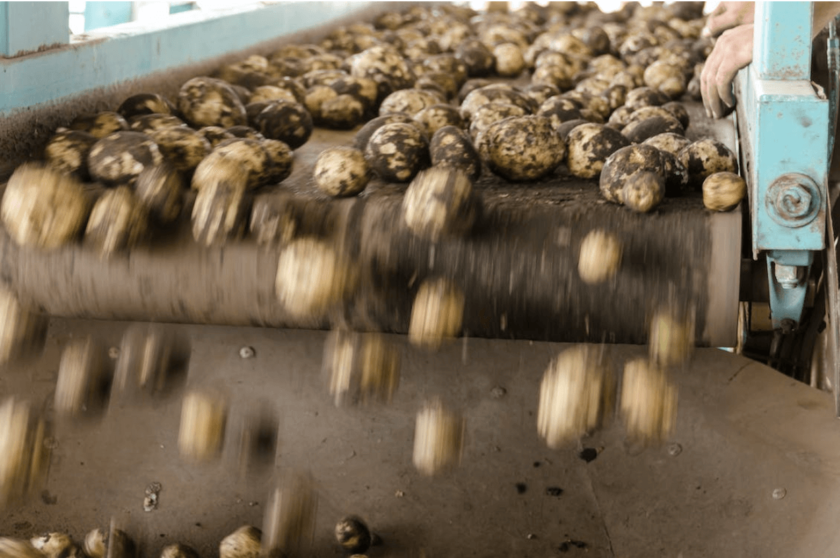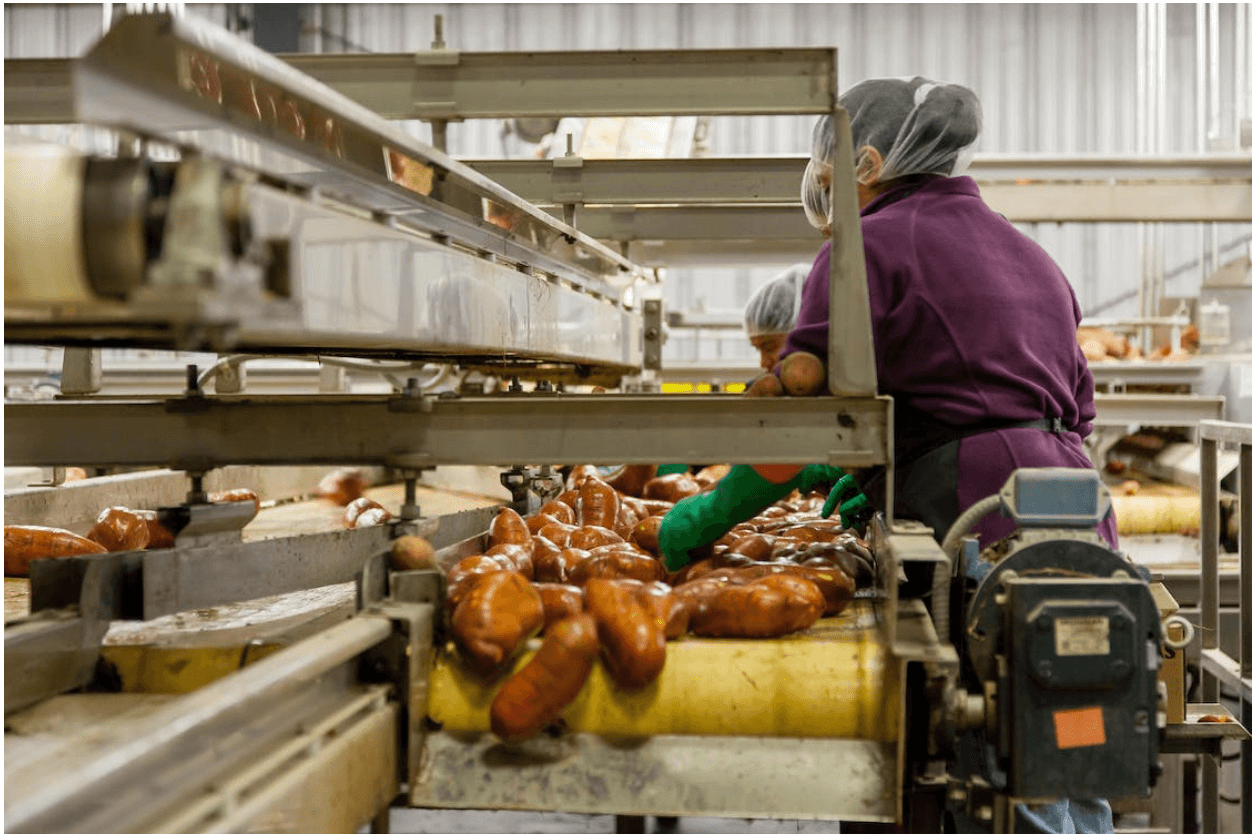Food manufacturing businesses are constantly looking for ways to improve efficiency and maximize profits. With increasing competition, rising costs of production, and the need to maintain quality standards, food manufacturers must be strategic in their approach to streamlining operations. This article will provide 11 actionable tips that can help increase productivity and save money in your food manufacturing business. From investing in the latest technology to utilizing Lean Six Sigma principles, these strategies can help you stay competitive and profitable.
1. Automate and Streamline Processes
When it comes to improving efficiency in food manufacturing businesses, automating and streamlining processes is key. Automating mundane tasks like data entry, inventory tracking, and scheduling can help save time and allow the business to focus on more important tasks. Additionally, streamlining production processes by eliminating any redundancies or unnecessary steps can help reduce costs while increasing productivity.
2. Implement Quality Control Measures
To ensure that the business is producing food products of high quality, implementing strict quality control measures is essential. This can include introducing regular testing of raw materials, monitoring production processes, and regularly reviewing finished products before they are shipped off to customers. Having these measures in place will help ensure that the business is producing quality products and meeting customer demands.
3. Utilize Technology
Utilizing technology can also help food manufacturing businesses increase their efficiency. Technologies such as automated inventory systems, machines to make production processes more efficient, and software that streamlines data entry and analysis can significantly improve efficiency. Additionally, utilizing technologies such as artificial intelligence and machine learning can help the business identify patterns and trends that may be beneficial for improving processes or making better decisions.
4. Invest in Employee Training
Investing in employee training is also important for increasing efficiency within food manufacturing businesses. Training employees on how to use new technologies, properly operate machines, and adhere to safety protocols can help reduce instances of errors and delays. Additionally, having well-trained employees can also help improve customer service and increase productivity.
5. Utilize Smart Inventory Management Practices
If you want to streamline the manufacturing process, it is essential to implement a smart inventory management system. This will allow you to keep track of your stock in real time and receive notifications when supplies are running low. It is also important to properly store and rotate items for optimal freshness.
Selecting an appropriate forecasting tool can help you accurately predict future demand and order the right amount of ingredients as needed. Additionally, it is beneficial to monitor trends that could impact your production process or product pricing. This can help you make smarter choices when purchasing materials, reducing waste in the long run.
6. Automate Production Systems
Automation is an essential part of improving efficiency in any manufacturing business. Automating processes such as production scheduling, quality assurance, and inventory tracking can help you save time and money. Additionally, automating data collection from machines and other sources helps you gain valuable insights that can be used to optimize the manufacturing process further. Investing in the right systems for your business will ensure that no detail is overlooked or forgotten and that all processes are running smoothly.
7. Monitor and Improve Quality Control
Finally, it is essential to establish rigorous quality control standards and procedures that must be adhered to in order for the manufacturing process to run efficiently. Developing a system for regularly evaluating the quality of raw materials, ingredients, and finished products helps you identify any potential issues before they become major problems.
Additionally, setting up a feedback system for customers is an effective way to receive valuable insights on how you can improve your products and processes. Making sure that quality control standards are regularly met will ensure that your products are safe and of the highest quality.
8. Re-Evaluate Supplier Relationships
As the supply chain is an integral part of any food manufacturing business, it’s important to regularly evaluate supplier relationships. Keeping a close watch on pricing, reliability, and usability can help you get the most out of your suppliers. Make sure you are paying competitive prices for quality ingredients that arrive in a timely fashion so that production smoothly runs without interruption. Additionally, you should strive to build strong, long-term relationships with your suppliers as this will make them more likely to provide the best possible service. This ultimately leads to better efficiency and productivity for your food manufacturing business.
9. Work on Your Packaging
Since the final product of food manufacturing is often a packaged item, one way to increase efficiency is to focus on improving your packaging process. Many companies have invested in automated packaging equipment that speeds up the rate at which items are packaged and labeled. Also, the trend of plastic clamshell packaging in the food industry is increasing, as it is an easy and cost-effective way to package food items. Finally, making sure the packaging is visually appealing can help to make your product more attractive to customers.
10. Analyze Data to Make Improvements
Once you have implemented your changes to increase efficiency, it’s important to measure their success. Take the time to look at data related to everything from production line speeds and throughputs to waste levels and employee morale. Analyzing this data can help you identify any problems that may be hindering productivity or areas of the business where further improvements can be made.
11. Integrate Sustainable Practices
There are a variety of ways food manufacturing businesses can integrate sustainable practices, from reducing water and energy waste to re-purposing byproducts. By taking this step, manufacturers not only save money but also make their processes more efficient in the long run. Furthermore, implementing sustainable practices helps to build customer trust, as many consumers are increasingly looking for eco-friendly products.
For example, manufacturers can invest in energy-efficient equipment and use renewable packaging materials. Additionally, they can look for ways to reduce their carbon footprint by utilizing natural resources like wind and solar power, recycling materials, and using green cleaning products.

Food manufacturing businesses have the potential to improve their efficiency and remain competitive in today’s market. By implementing strategies such as streamlining production processes, reducing waste, and investing in technology, companies can increase productivity and reduce costs. Furthermore, by focusing on customer needs and staying up-to-date on industry trends, food manufacturers can ensure that they are offering high-quality products that will meet customer demands. Thanks for reading!

